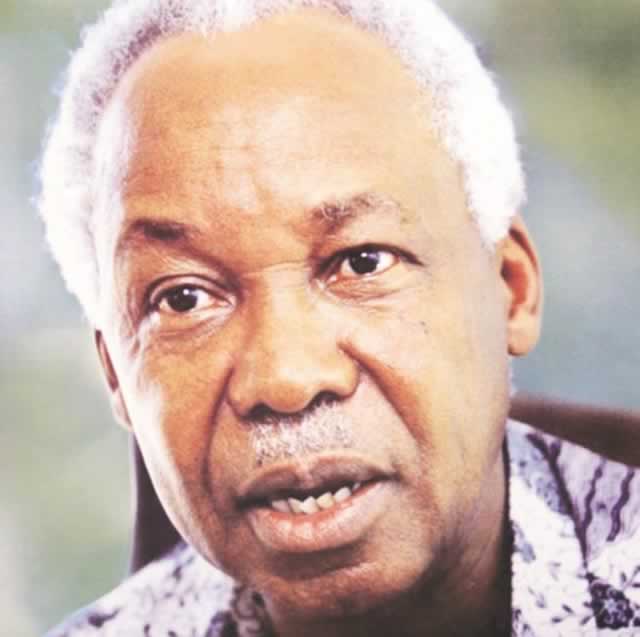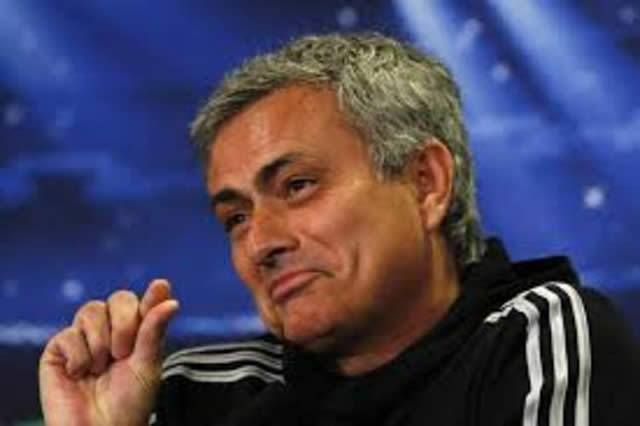Nyerere, liberation and Mt Kilimanjaro

Phyllis Johnson Correspondent
Mwalimu (which means “teacher” in Swahili) stood tall in southern Africa for his firm principles of development, self-reliance and unity of the African continent
MWALIMU Julius Nyerere spoke of lighting a candle on top of Mt Kilimanjaro “which would shine beyond our borders giving hope where there was despair, love where there was hate and dignity where before there was only humiliation.”
He said this before the independence of his own country in 1961. This was his commitment that independent Tanganyika would fully support the liberation of African countries from colonialism and apartheid, and he did that.
He believed that, without the freedom of the continent, his own country would never be free. It is said that he “carried the torch that liberated Africa”.
He started with the unity of his own country, bringing together Tanganyika with Zanzibar into the United Republic of Tanzania.
Mwalimu (which means “teacher” in Swahili) stood tall in southern Africa for his firm principles of development, self-reliance and unity of the African continent.
He was one of the founding fathers of the Organisation of African Unity (OAU) that achieved its mission of political liberation and was transformed into the African Union to pursue economic development.
When he spoke at the closure of the Liberation Committee in 1994, the continent listened.
“The Founding Fathers of OAU set themselves two objectives,” he said, “the total liberation of Africa from colonialism and racial minority rule, on the one hand, and Africa’s Unity, on the other.
“The importance which they attached to the first objective can be judged from the fact that the establishment of the Liberation Committee of the Organisation of African Unity was decided on at the inaugural meeting of the OAU, held in Addis Ababa in May, 1963.
“The Committee’s task was to help the African liberation movements to achieve that first objective. By the act of winding up this committee we are, in practical terms, celebrating the achievement of that objective.
“For when South Africa was admitted to the OAU membership and later, and appropriately, one of our generation of freedom fighters, President Nelson Mandela, took his seat at the Tunis summit in June, 1994, to represent a non-racial, post-apartheid democratic South Africa, the first objective of the Founding Fathers had been achieved.
“Our continent had been totally liberated from colonialism and racial minority rule.
“No one will ever be able to measure the extent to which the work of this committee contributed to the total liberation of Africa,” Nyerere said.
“But measurement does not matter. What has been important is that this committee served the liberation movements and was always there to serve when called upon to do so.
“It gave essential backing to the African peoples’ struggles against colonialism, against the ‘rider-and-his-horse’ type of racial rule, and against apartheid.
“In military terms, this committee constituted a rear base supporting the frontline fighters. And both directly and through reports to the OAU, the committee was able to rally and channel vitally important support of different kinds from other parts of the world, that is, from non-African opponents of colonialism and racism, of whom there have been very many.
“The members and staff of this committee, working together and with the rest of OAU, have played a part they can be proud of in the total African struggle for human dignity, equality and national independence.
“Although I can speak only on my own behalf, I think I am expressing the views of many when I say: Thank you all!
“I think I am expressing the feelings of all Tanzanians by thanking the Organisation of African Unity for the honour it granted to Tanzania by its decision to base the Liberation Committee in Dar es Salaam; and for the singular privilege given to our country to nominate one of its citizens for appointment by the OAU as Executive Secretary of its Liberation Committee.
“Brigadier Hashim Mbita has been the last Executive Secretary and we are very proud of his contribution to the liberation of our continent.
“Not every African nation took an active part in the Liberation Committee. That was to be expected. For this was only a committee of the OAU, even though operating under the mandate and with the support of the all-African body. But we always had a vanguard of African countries which were highly committed to the total liberation of our continent from colonialism and racial minority rule.
“That commitment was based on two convictions: first, that while any part of Africa remained under colonial or racial rule, the freedom of each independent country was incomplete; and secondly, that the humanity and human dignity of every citizen of this continent was disputed and insulted by the existence of colonialism or control by racism elsewhere in Africa.
“It is that commitment and that conviction which has made it possible for us to come together to celebrate the achievement of that objective by winding up the Liberation Committee of the OAU.
“And it is because that first objective has been achieved that I want to use this opportunity to urge Your Excellencies now to give the necessary attention to the second objective of the Founding Fathers.
“The importance of the second objective is obvious from the name of our continental organisation. It is the Organisation of African Unity.
“Unity is our objective, our purpose, and our instrument of serving Africa effectively. Yet we have not organised ourselves for unity.
“All member states of the OAU — even if just by the fact of membership — recognise that unity is strength. They also that only by constant movement towards unity will our continent be moving towards a position where ultimately Africa will be able to become an equal and effective participant in the world economic, political, and social community.
“The two tasks which the OAU set for itself were inextricably linked. Our ultimate purpose was always the unity of all African nations. The achievement of that purpose clearly required that the whole of Africa be freed first.
“It is through unity in action that Africa is now in a position to celebrate the end of apartheid — which was itself the last bastion of non-African colonial and racist oppression on the continent.
“When African’s unanimity on the liberation struggle seemed to falter, we delayed its achievement. When we spoke with one voice, and acted as one Africa, the liberation of our continent moved forward. And when unity among the freedom fighters temporarily failed in one place or another, the struggle for Africa’s total liberation received a setback; it was always one of the tasks of the Liberation Committee to help the Frontline Liberation Parties and armies to work in unity.
“Looking back, one can see a number of reasons why the OAU did not set up a unity committee at the same time as it established the Liberation Committee.
“Perhaps most important of all was a fear jeopardising the fragile unity which the very fact of forming the OAU represented!
“For the establishment of the OAU itself constituted a joining together in one organisation of the members of two erstwhile African organisations — the so-called Monrovia and Casablanca Groups — each of which had tended to be rather suspicious and wary of the purposes and intentions of the other.
“Yet we cannot deny that there are other threats; we cannot pretend that we are working deliberately to strengthen the organisation’s unity. On the contrary, we are careless about the unity of the OAU.
“There have even been questions about its usefulness now that Africa is liberated from foreign or racist rule. Certainly, very few (if any) of our countries give questions of African unity, or the future of the OAU itself, priority in the foreign or trade policy strategies.
“Almost all members of the OAU are poor and weak politically and economically; most are grappling with an unbearable external debt, and many have become hostage to the ideologies of the IMF and the World Bank.
“When we are involved in international negotiations and our representatives in Geneva or New York have worked out a common African or Group of 77 position, we instruct our ambassadors to abandon that position if the ambassador of one of the ‘donor’ countries comes to our government leaders at home to urge that we should do so.
“The work will be neither easy nor quickly finished. But it can be done. It must be done. It is your duty to do it. Work, plan, campaign, and act for African Unity.”
Born in Butiama on April 13 1922, in what was then German East Africa, Mwalimu died on October 14 1999. He taught us that “Knowledge is Power”. — sardc.net.









Comments